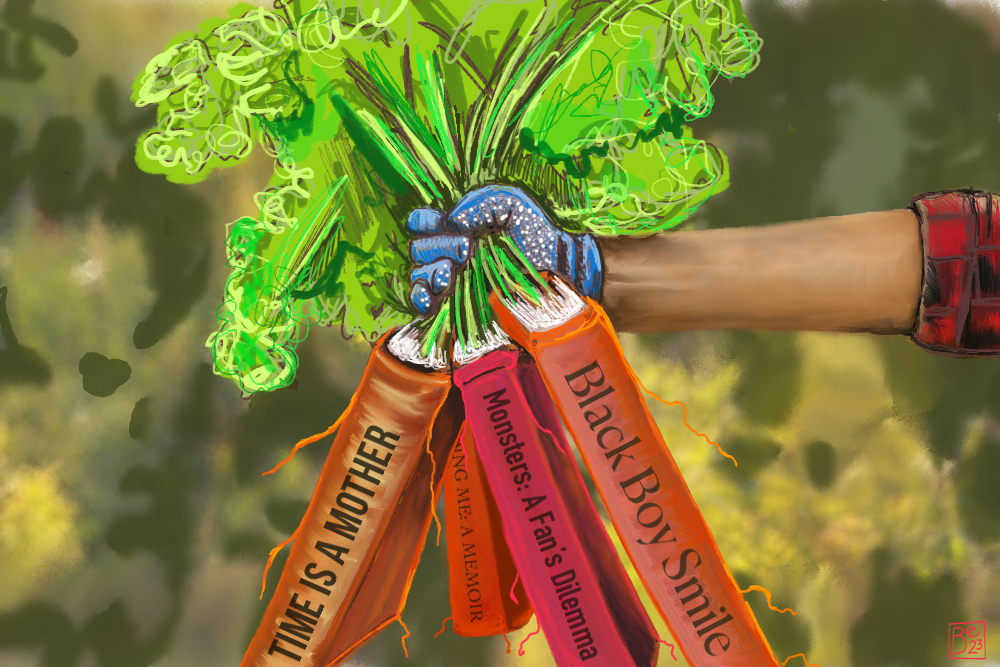
Illustration by Be Boggs.
This summer, we could all use a little R&R—rest and reads, that is. And while Zócalo can’t help you with the first part (though if we could send a beach your way, we would), we’ve got you covered for the latter with a favorite tradition: our annual summer reading list.
We spent the spring surveying Zócalo’s friends and contributors to learn what new (mostly) nonfiction books fed their minds and souls in 2023. They delivered, sending us an eclectic mix of works sure to nourish you—from coming-of-age journeys to global searches for transcendence, from probings into our shared past to forward-looking examinations of our present.
Make these recommendations your summer companions, and they’ll keep you company whether you’re lucky enough to be lying on a sandy shore or just find yourself mentally there.
Shop Zócalo’s 2022 summer reading list through our independent bookstore partners:
Helene D. Gayle
Spelman College President
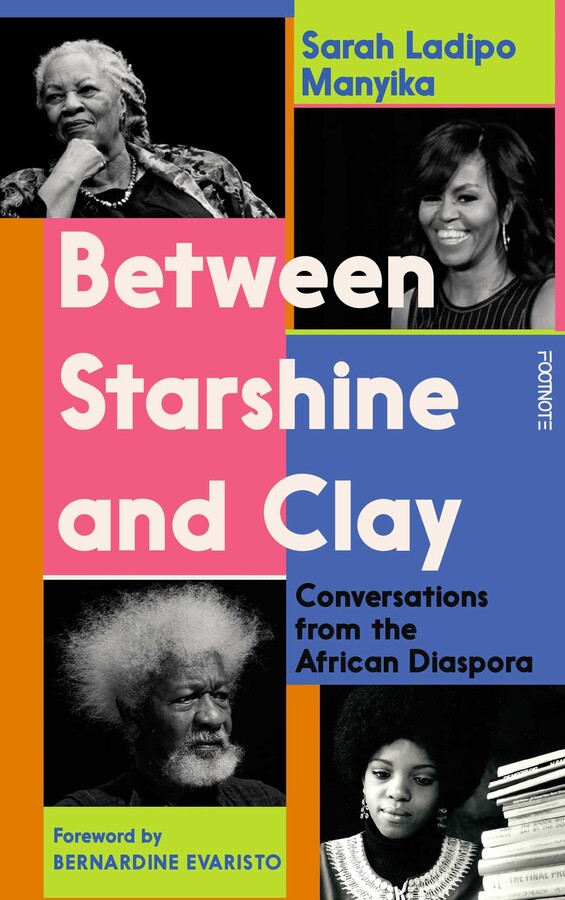
Between Starshine and Clay: Conversations from the African Diaspora
by Sarah Ladipo Manyika
This book of conversations with prominent people in the African diaspora is a moving and insightful view into the similarities and differences among people of African descent. The author’s skillfully crafted interviews give a candid and unique window into the challenges and triumphs of people whose inner lives and thoughts have not always been available to the public. At a time when the world is still grappling with anti-Blackness, this is a much-needed human dialogue.
Lisa See
Writer and Novelist
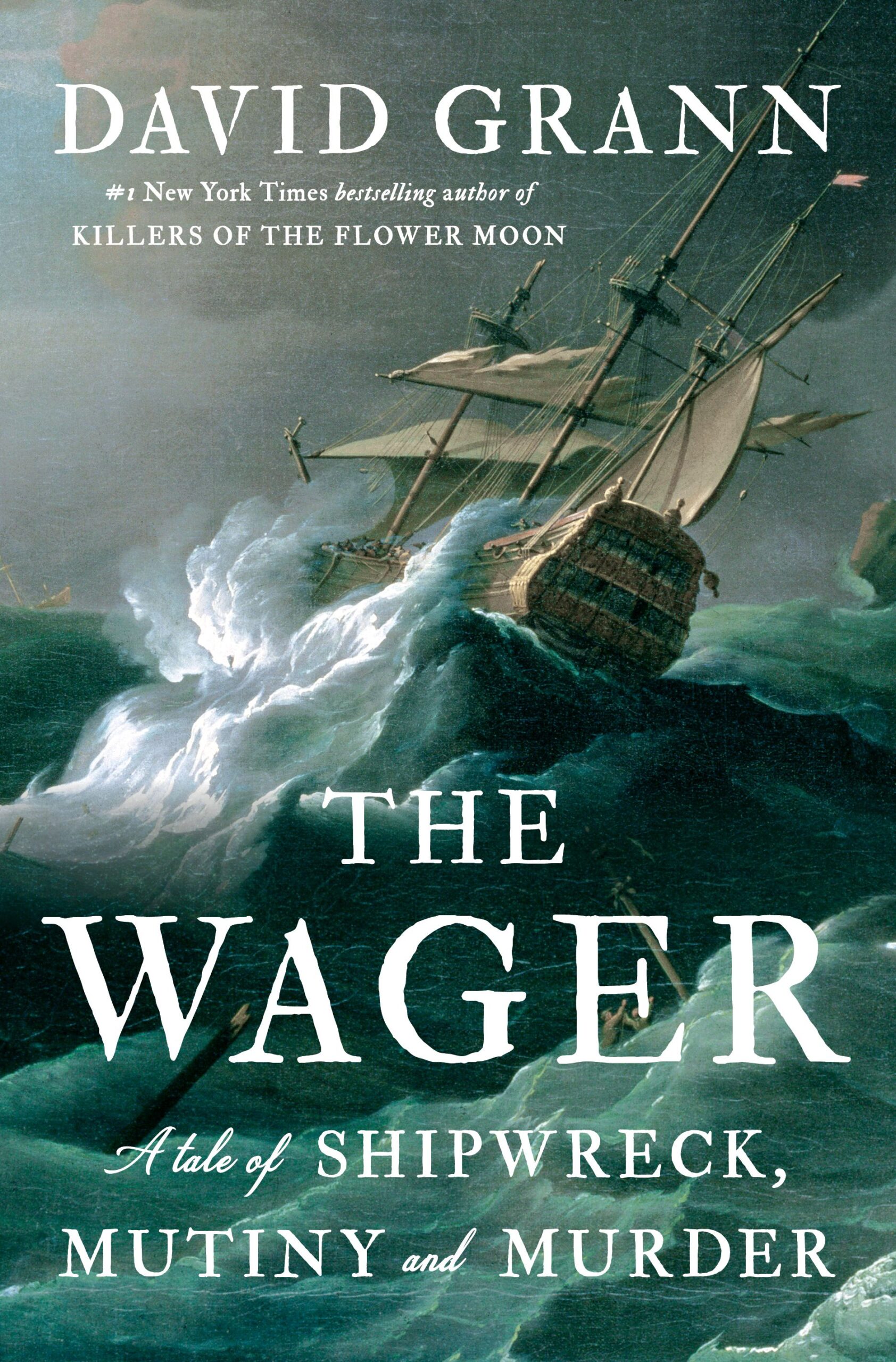
The Wager: A Tale of Shipwreck, Mutiny and Murder
by David Grann
The title says it all—shipwreck, mutiny, and murder. What’s not to like? There are so many great details and anecdotes in this book that I’ll be dining out on them for a long time.
Kimi Yoshino
Baltimore Banner Editor-in-Chief
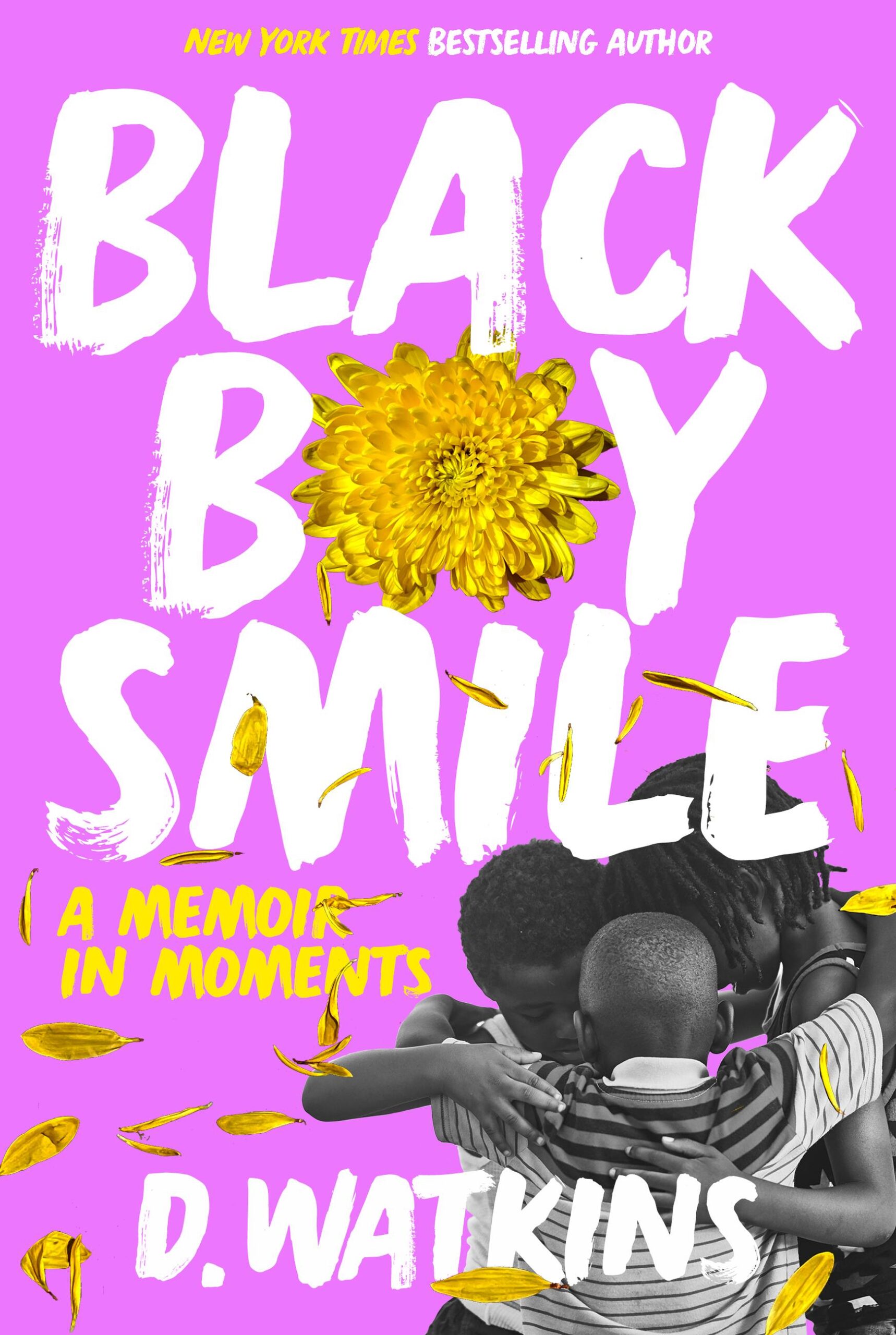
Black Boy Smile: A Memoir in Moments
by D. Watkins
Books by D. Watkins were essential reading in my efforts to explore and understand Baltimore. His latest, the memoir Black Boy Smile, should be required reading for fathers, sons, and anyone on a journey of self-reflection and self-improvement. It’s raw and honest—an inspirational story of resilience that you won’t be able to put down.
Judy Belk
The California Wellness Foundation President and CEO
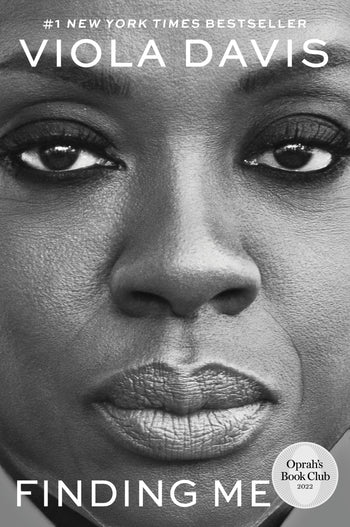
by Viola Davis
It’s a story of how one of my favorite actresses overcame racism, sexism, and a childhood of poverty with resiliency and a hefty dosage of badassness. It touched me in all the ways a good book should by using storytelling to grab both my heart and mind.
But here’s a tip—don’t read it. Listen to it. What a treat it is listening to Viola tell her own story.
Paul E. Butler
New America President and Chief Transformation Officer
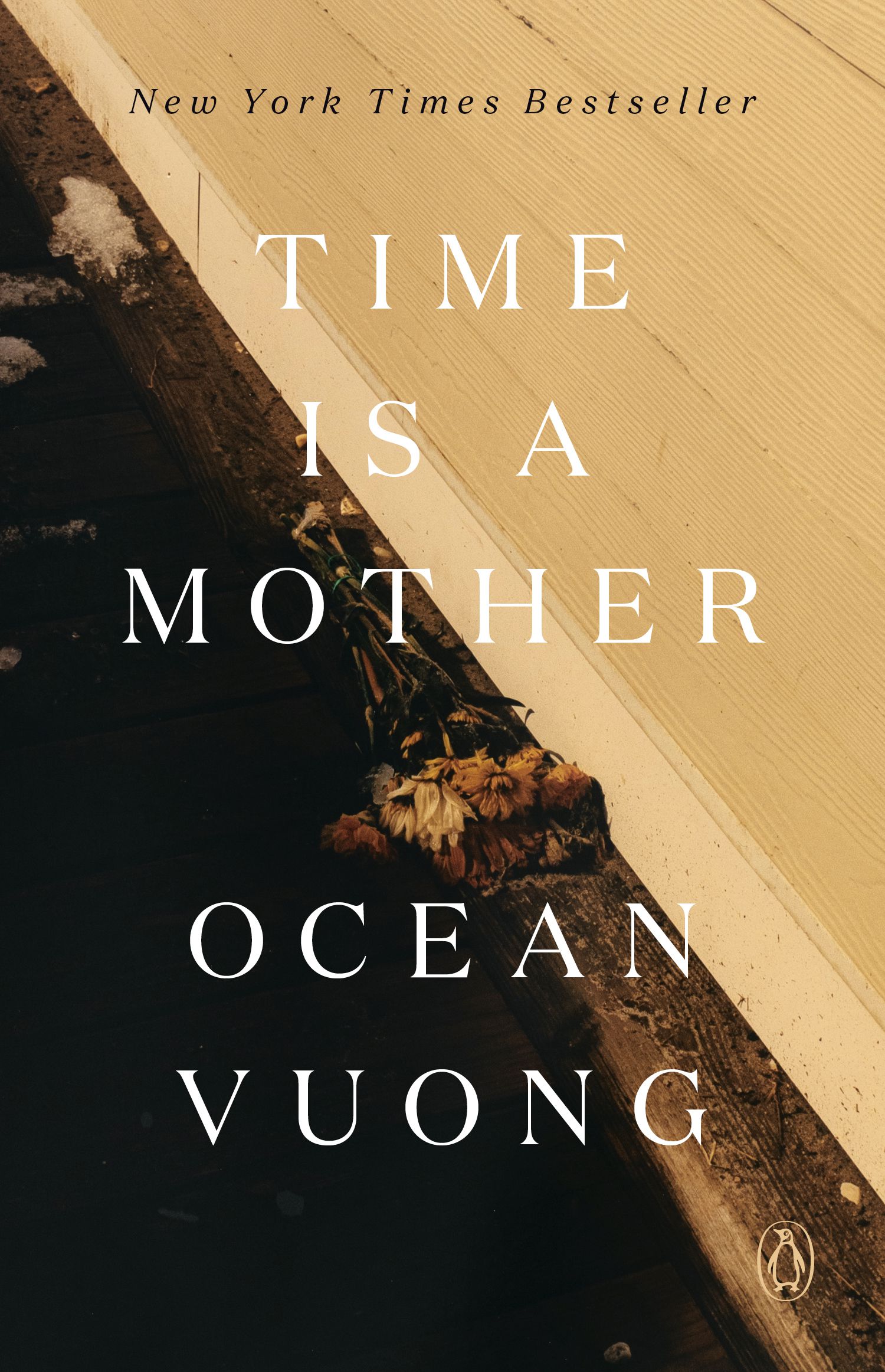
by Ocean Vuong
This collection of poems is many things all at once: a eulogy, a joyous dance, and a soft pastel. Vuong’s ability to bend and reveal new meanings in words is unmatched. I can only read a few pages at a time before I’m exhausted with joy and the weight of a range of emotions.
Tom Freston
Firefly3 LLC Principal
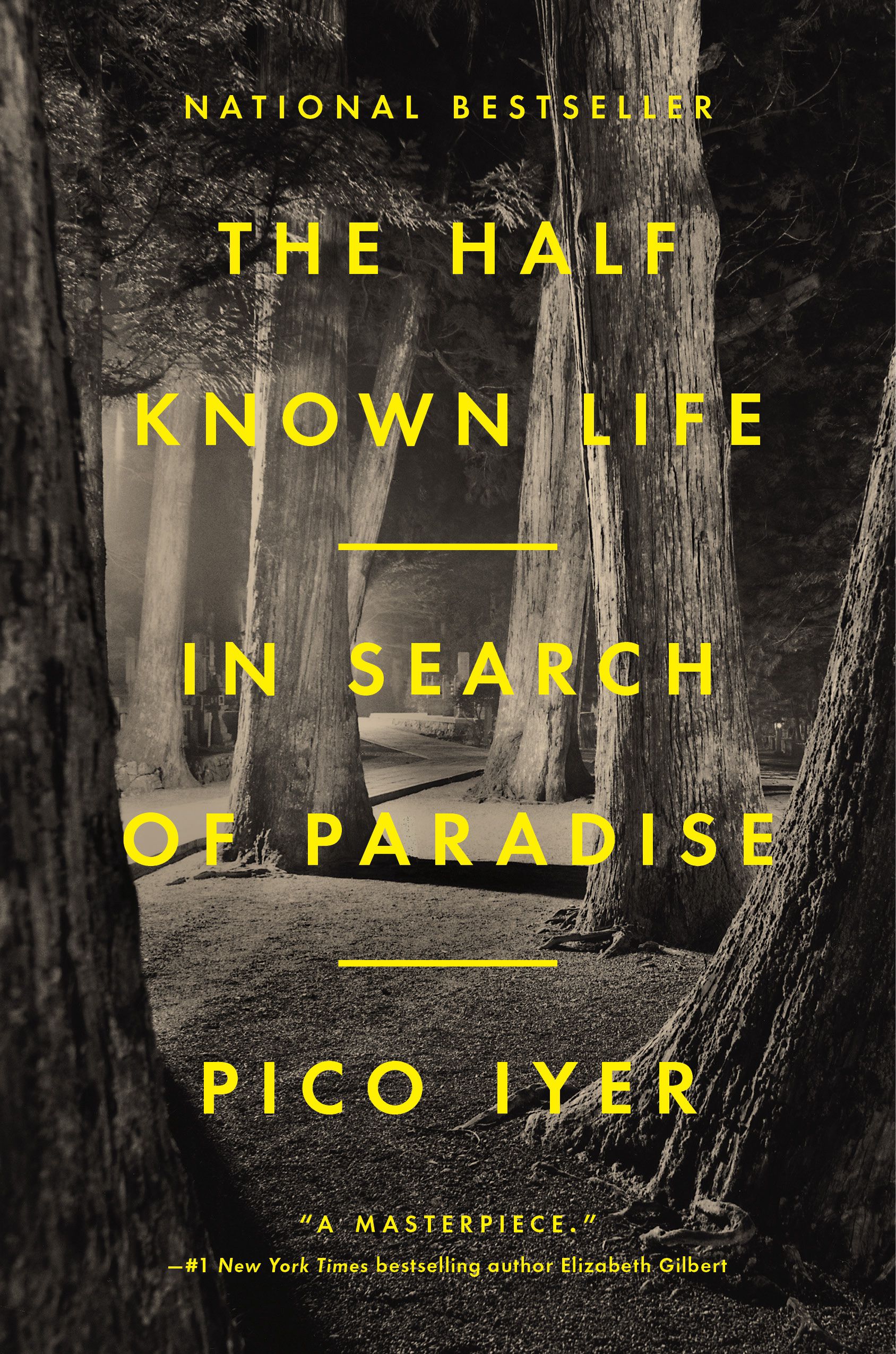
The Half Known Life: In Search of Paradise
by Pico Iyer
The veteran travel writer, here as a secular seeker, journeys to troubled but fabled paradisiacal destinations—Varanasi, Kashmir, Qom, Jerusalem, Mount Baldy, and others—looking for spiritual transcendence. A global soul and a beautiful writer, Iyer asks where one can find transcendence in a world of suffering and difficulty.
Jeanne Darst
Writer and Performer
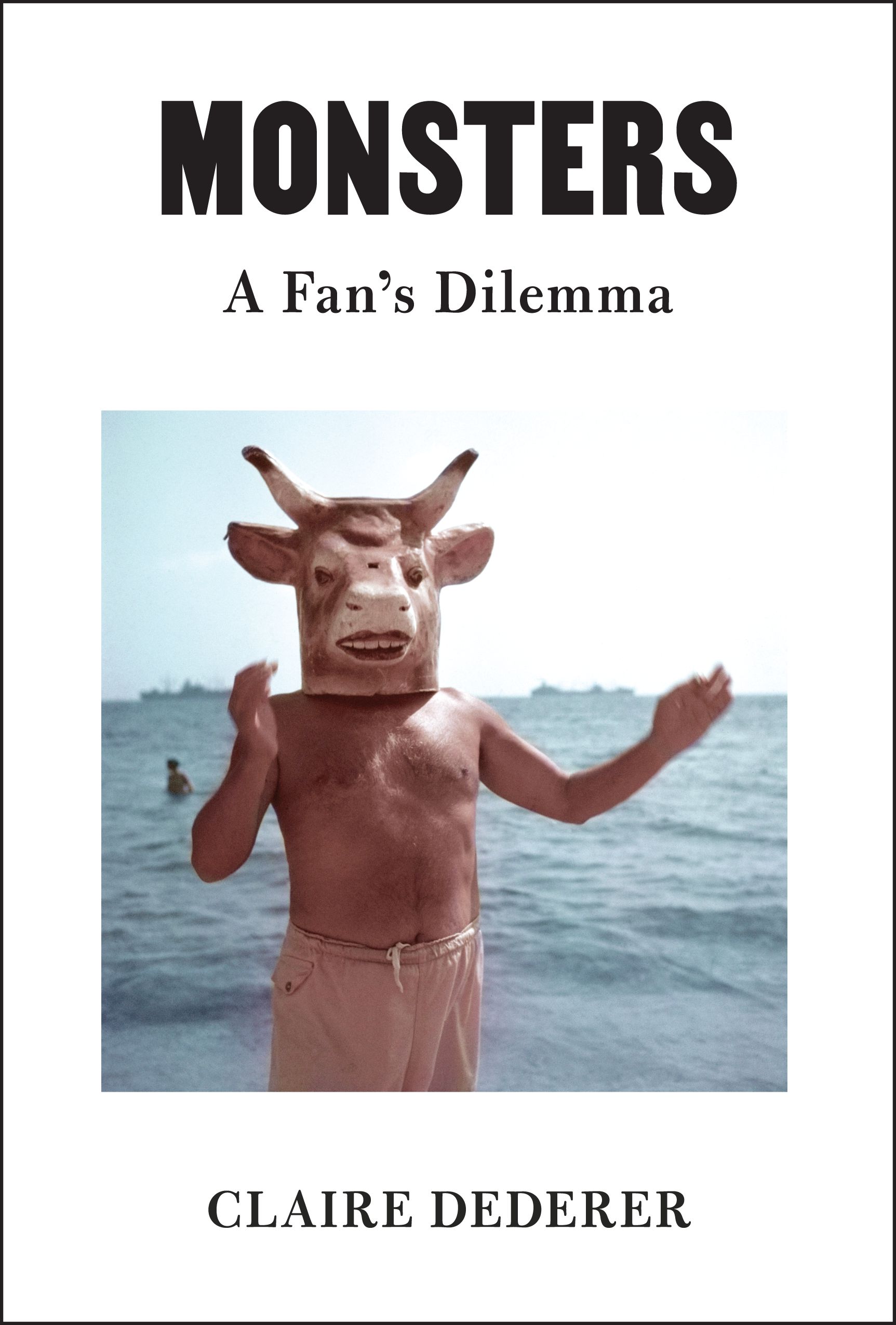
by Claire Dederer
Born out of her 2017 Paris Review essay, “What Do We Do with the Art of Monstrous Men?,” Dederer is back with a remarkable book that asks this question as an audience member, as a fan, and even as the young woman who identified with these profoundly talented male artists. What is our role as readers, moviegoers, artists, and women at this moment in our culture, where biography is everything and everywhere? Dederer makes the digging, the questioning, the articulation of contradictions and complexities between artist and audience so engaging, so lively, it’s a conversation that you definitely want to get in on.
UMass’s Initiative for Digital Public Infrastructure Director and 2014 Zócalo Book Prize Winner
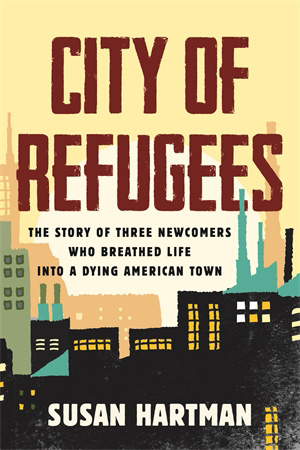
City of Refugees: The Story of Three Newcomers Who Breathed Life into a Dying American Town
by Susan Hartman
I am in love with the city of Utica, New York. Like many Rust Belt cities, Utica lost population through deindustrialization and an exodus to the Sun Belt. But Utica has been utterly transformed by waves of refugees, from Vietnam, Bosnia, Myanmar, and now Somalia—the city is 25% refugee (compared to less than 1% of Americans nationwide). City of Refugees is the story of three families and their struggles and triumphs: three different versions of the American dream, and one complex but inspiring narrative of a city transformed by welcoming help from around the globe.
UC Chancellor’s Postdoctoral Fellow at UCLA’s Institute for Research on Labor and Employment
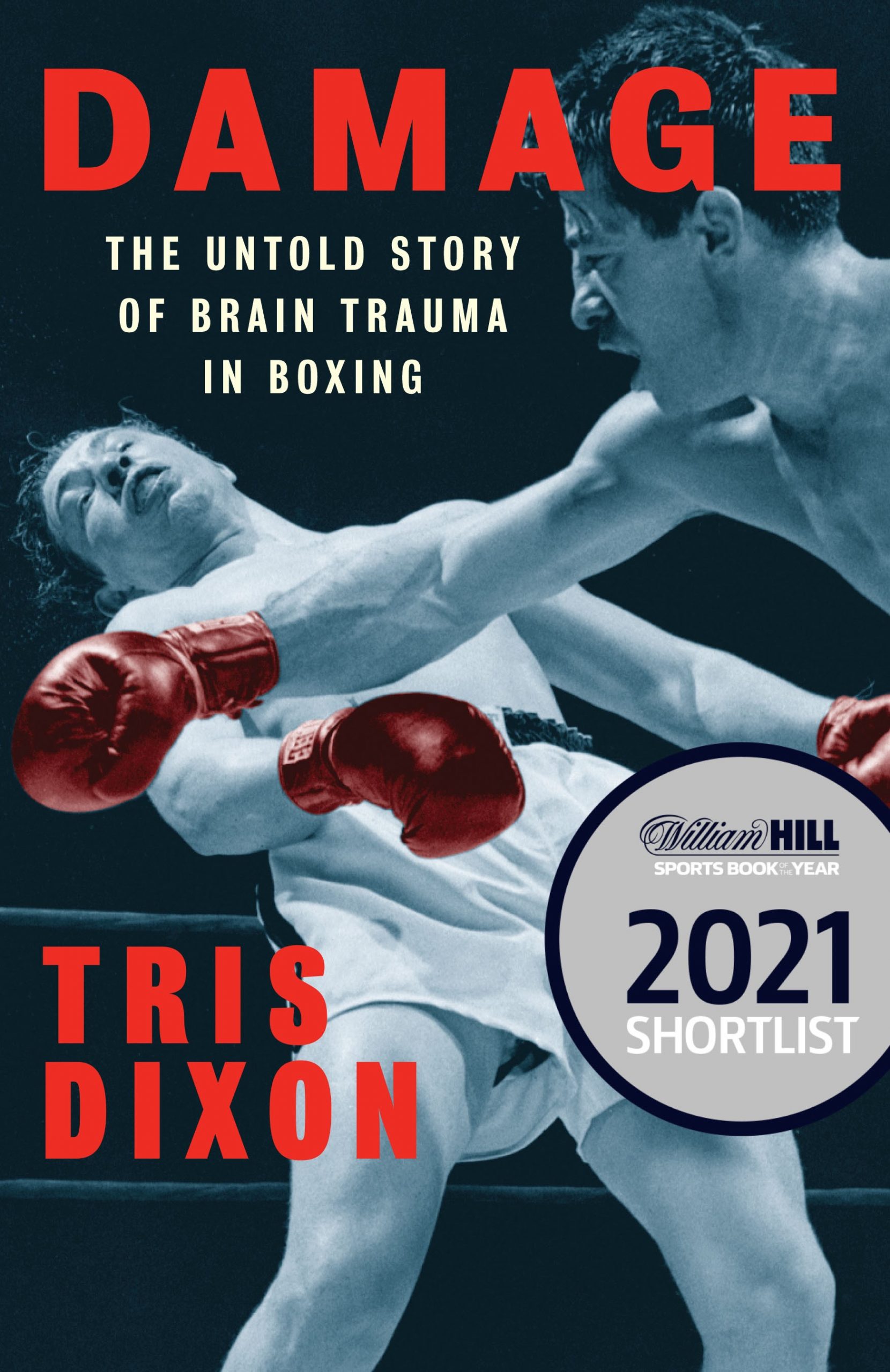
Damage: The Untold Story of Brain Trauma in Boxing
by Tris Dixon
Damage is the most accessible read that provides a history of the pain and punishment side of boxing. We know about the NFL and concussive head trauma, but in boxing, concussion is also a very, very serious problem.
University of Southern California Distinguished Professor in the Department of American Studies and Ethnicity
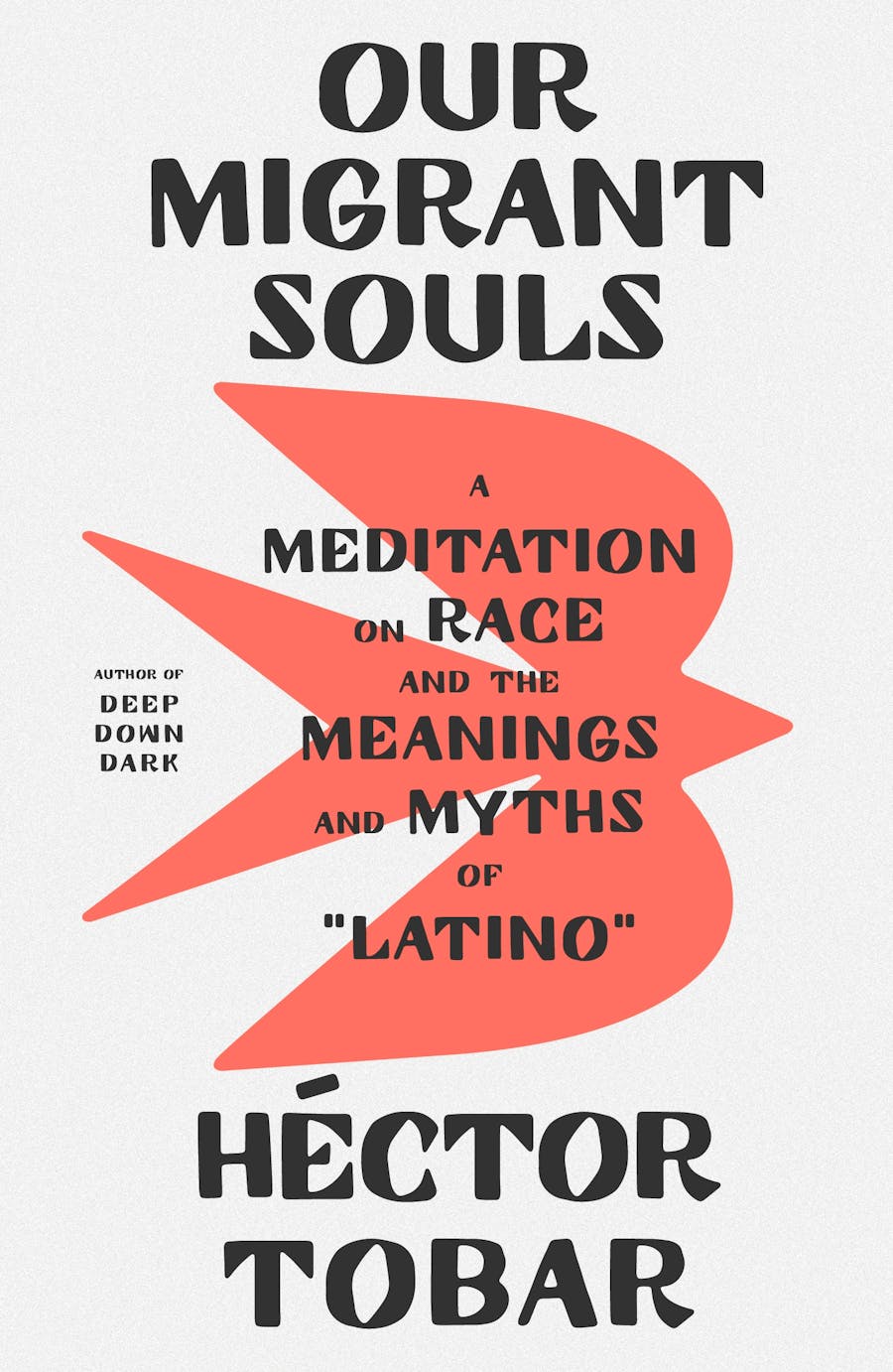
Our Migrant Souls: A Meditation on Race and the Meanings and Myths of “Latino”
by Héctor Tobar
Latinos exist in our collective imagination largely as caricatures: maids and gardeners; self-sacrificing parents; a brown mob surging across the border; perpetual immigrants. It takes a writer of significant talent to tell a narrative so bright and beautiful that it breaks through these flattened depictions. Tobar’s cuentos get at the vibrant diversity, the joy, the pain, the richness, and the sorrow of being Latino in the U.S., as well as the limits of belonging.
California Poet Laureate
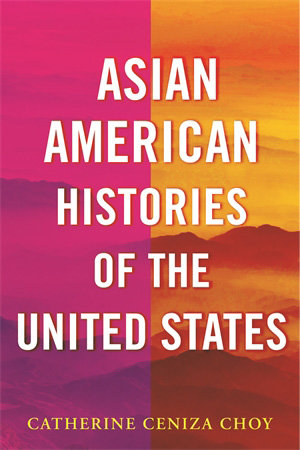
Asian American Histories of the United States
by Catherine Ceniza Choy
This book will change the way you see. It delves into anti-Asian hate, resistance movements, and erasure with urgency and insight. Asian American Histories of the United States is an expansive and revelatory book that I wish every American would read.
Alex Kolesnik
Semi-Professional Bridge Player and Ventura College Professor of Mathematics
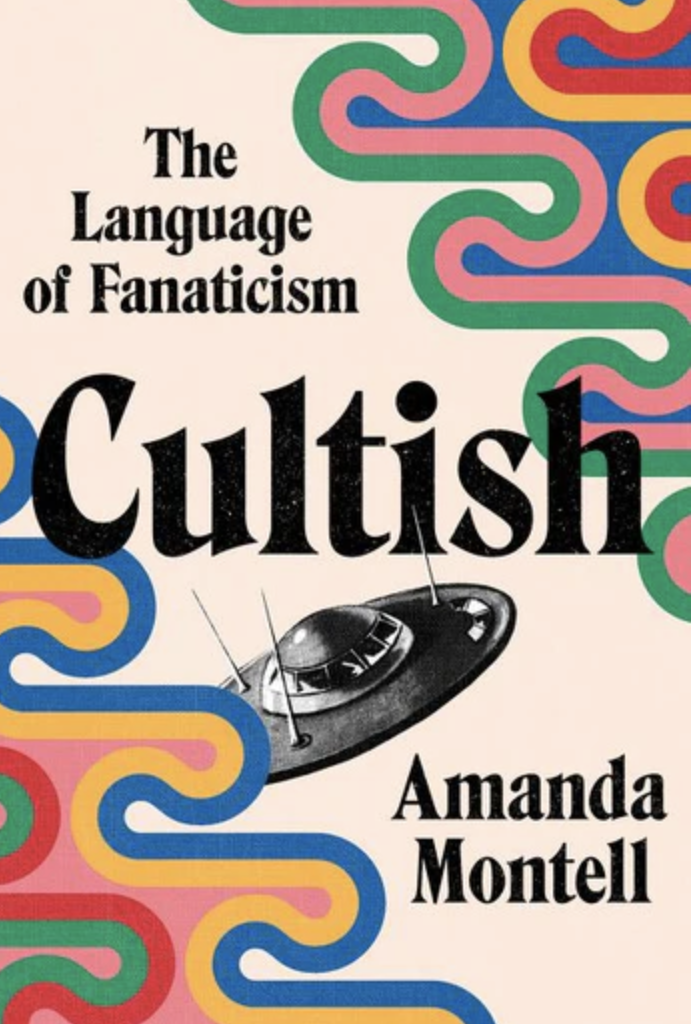
Cultish: The Language of Fanaticism
by Amanda Montell
A book that tries to make some sense of why people believe some crazy things. Montell focuses on the language element of all sorts of cultish behavior, from people’s love of CrossFit and Lululemon to creepy sex cults. This book gives me some hope that critical thinking might enter the conversation by a side door!
Bryan Bowles
Atom Tickets CEO and Zócalo Trustee
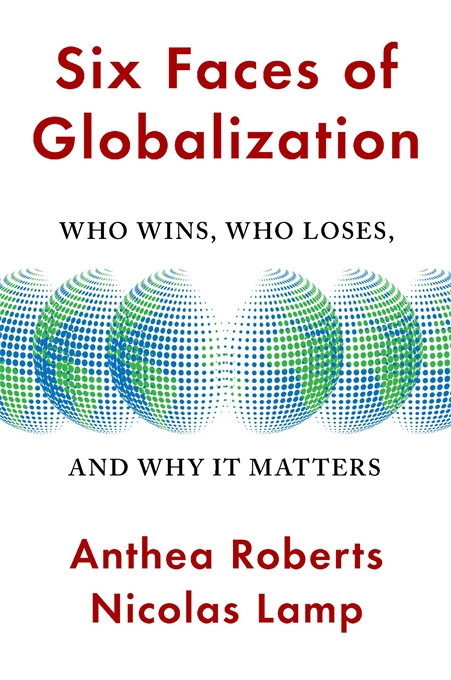
Six Faces of Globalization: Who Wins, Who Loses, and Why It Matters
by Anthea Roberts and Nicolas Lamp
Roberts and Lamp do a great job of summarizing different narratives associated with globalization without taking a position on the legitimacy of any particular approach. In our hyper-polarized world, it is refreshing to read something balanced, and also pertinent to our current reset with China.
James Blasingame
Arizona State University Professor of English and English Education
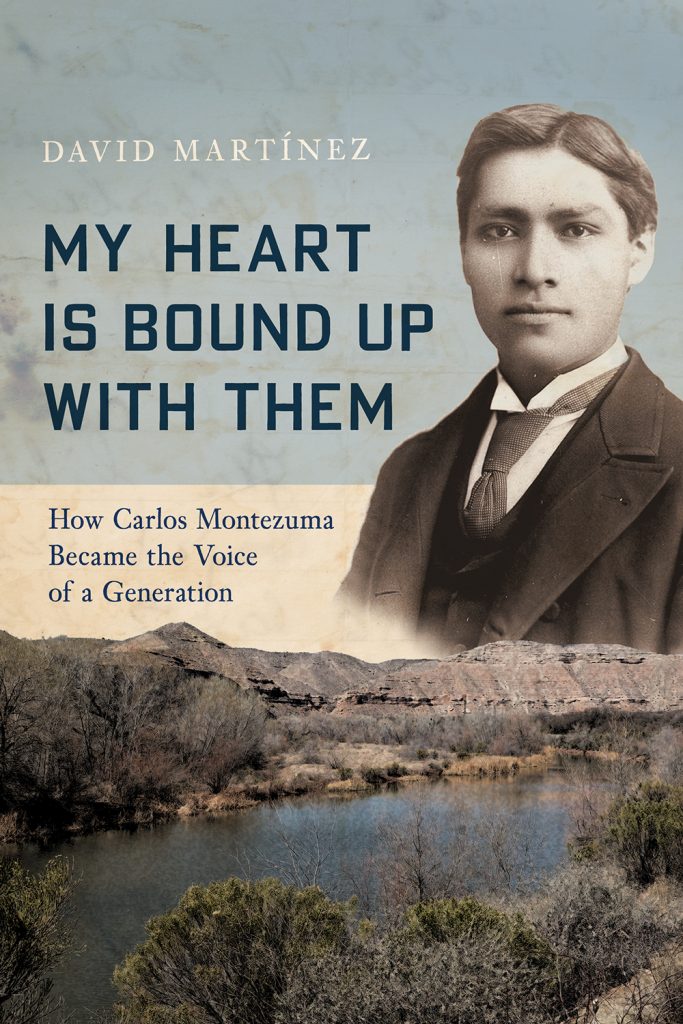
My Heart Is Bound Up with Them: How Carlos Montezuma Became the Voice of a Generation
by David Martínez
Arizona State University professor David Martínez (Akimel O’odham) uses letters from the university’s Carlos Montezuma Special Collection to reconstruct the story of Wassaja, a Yavapai boy who was abducted by Pima Scouts and sold in 1871, at the age of 5. Renamed Carlos Montezuma and taken away from Arizona, Montezuma became the first Native American student at the University of Illinois Urbana-Champaign and the second Native American to earn a medical degree at Chicago Medical College. Witnessing great injustice while working as a reservation physician, Dr. Montezuma became an advocate for the rights of sovereign native nations and a critic of the U.S. Bureau of Indian Affairs and the damage the reservation system did to the lives and cultural heritage of the Indigenous of the continent. Professor Martínez brings the full force of his academic training, critical thinking, and Native ways of knowing to the project, crafting a biography that is as fascinating as it is historically accurate.





Send A Letter To the Editors